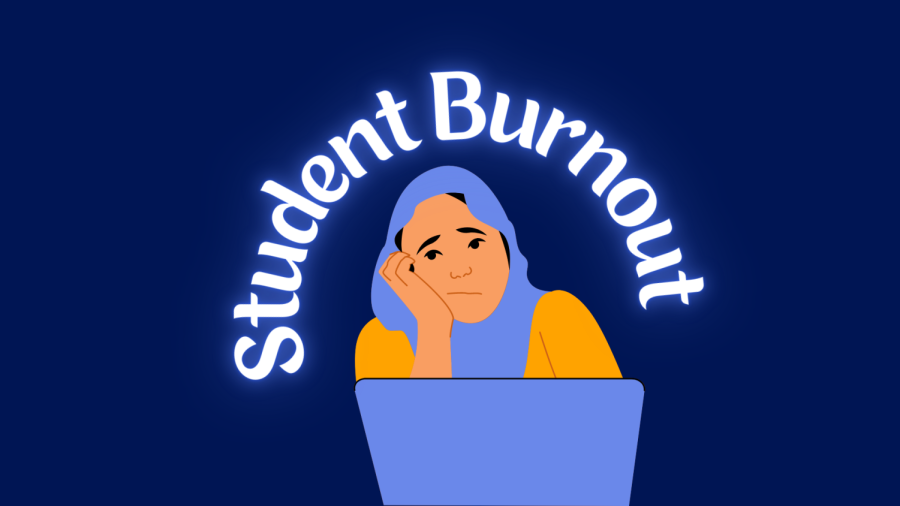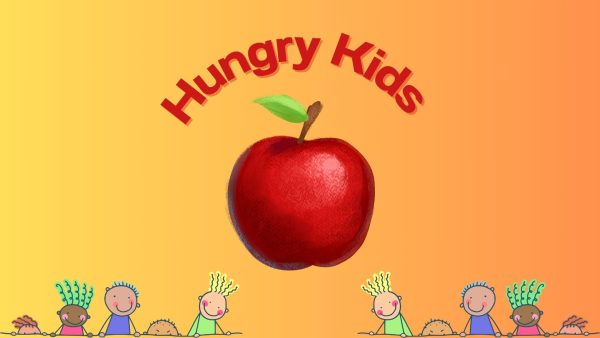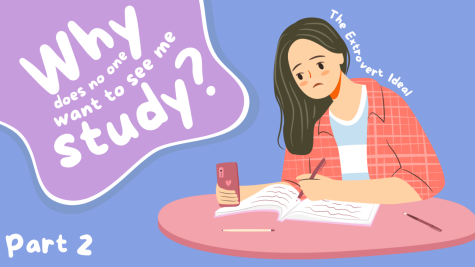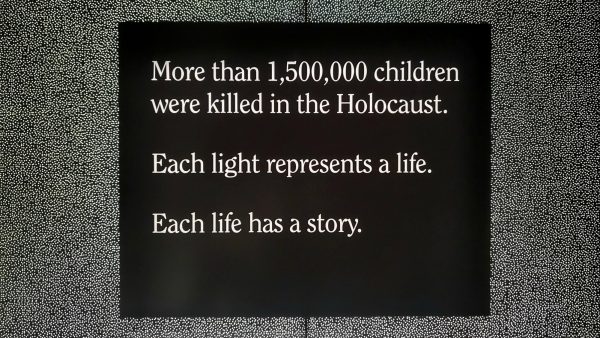Student burnout causes junior to reassess academic priorities for balance
Many students face student burnout throughout their academic career, including junior Andrea Gordon.
Burnout is roughly defined as the lack of motivation that comes from ongoing stress without time to relax or decompress. It applies but isn’t limited to the experiences of students who challenge themselves academically, as well as in other areas such as sports, student leadership, and other extracurricular activities. Despite the differences in the goals of ambitious students, they all face the threat of getting “burnt out.”
We’ve all heard a teacher say “you need to be getting eight hours of sleep” while dishing out the same assignments that prevent you from sleeping longer. I appreciate their sentiment, considering the increase in suicides, depression, and general anxiety induced by schoolwork due to comments like these, I was convinced that the bulk of my stress was a result of my poor time management. Teachers often imply that if students make time for their personal needs and interests while continuing to turn in assignments, they can enjoy their school experience despite the pressure they are under. For a while, some part of me believed them. If I was disciplined enough to organize and manage my time, I’d be far better off. But as my classes got more rigorous and I became even more involved in extracurriculars, I began to question: what does this balance look like?
Work-life balance isn’t specific to high school students in any way. Any working adult, particularly parents, have to be incredibly tedious with the responsibility of being parents, care-takers,etc. amongst their ever-increasing workload. But there’s a different expectation for adults to be mindful and responsible for this delicate equilibrium. In part, this is due to their legal obligations as parents. Still, adults are trusted to understand their needs best. For students it is more an expectation that they are irresponsible teenagers than reasonable managers of time.
I am no perfectly disciplined student, but my friend is the most dedicated, organized, hard-working, and passionate person I know who pours herself into her classes and various extracurriculars. When she began reaching her limits, unable to turn anything in on time due to her four-hour sleep schedule, I began questioning the validity of this lifestyle. My friend had always taken care of her health while remaining the teacher’s primary example of an ambitious student. Her only fault as a student seemed to be her need to survive. In fact, she said herself that “I would be way more productive if I didn’t need to eat and sleep.”
We concluded that we are stuck in an endless cycle. We’re stressed from overworking ourselves and constantly feel that we are not meeting our teachers and our own expectations. As soon as we start taking time to recuperate, we’re even further behind and working ten times harder to catch up. Additionally, concerns about how our current decisions will help or harm our futures might later add to our distress.
Many schools offer mental health resources that all students have access to and can request. But when are these mental health resources suggested by counselors? When a student’s grades begin to drop. Drastic changes like these are good indicators that something is amiss. Still, I can’t possibly imagine a school administrator admitting that focusing on a student’s mental health will take time and resources away from academics.
I very abruptly decided to quit my soccer team when I realized how mentally draining it was. When I had to justify my decision to any adult who asked, “How will this look on your college applications?” I did not use my failing mental health as a defense. Instead, I said I had little time for homework and they’d see my grades drop by the end of the week.
Then they left me off the hook.
Students are reprimanded for sleepless nights, they are denied time to decompress, and they can’t engage in their hobbies. But it seems to me like the only way to become the perfect student with improved test scores, consistent grades, and lots of extracurriculars, one has to test the very limits of their sanity.
Any adult can give off-handed suggestions about how a student should create balance. Anyone can offer encouraging comments and pose themselves as the humane voice amongst all the pressure to succeed. But it is the students who are required to make this a reality. It’s the students who are stuck between disappointing their teacher by missing an assignment or missing out on a family event. It’s the students who have to justify withdrawing from extracurricular that could make them a more promising candidate for college. It’s the students who are the ones juggling every school-related commitment and obligation with their own basic needs every day.
My sister and I both expressed the same frustration seeing at the schedule we’ve created for ourselves on the basis of people’s good suggestions and ideas of what they thought was best for our future. We shared a lack of fulfillment as a result of doing what we thought was best. Knowing that as soon as we fall short of any one commitment, we will be judged by the same people whose words brought us to this point.
This year I concluded there is no way to maintain your mental well-being, your physical health, your extracurriculars, grades, social life, religious duties, and family connections all at once.
The perfect student lives for tomorrow. They live for a chance at success that seems so far away, it can feel distant and alien. For me, It is not a lifestyle that encourages internal peace, guarantees fulfillment, or encourages the discovery of who one is as a person.
I think it would be helpful for schools to acknowledge that. There’s only so much that they can do to absorb students’ stress. As someone who holds myself to certain academic expectations, I know what I’m getting myself into and I want the process to be genuine. If it is my sleep that goes, so be it. If it is my free time, my passions, my hobbies, or my time with friends that is limited, I will accept those consequences.
Schools have a contradicting duty to a child’s future and to their current wellbeing. It’s difficult to know when to push students to consider how their actions will benefit them later and when to recognize their present needs.
Hits : 1341
Andrea “AJ” Gordon is a senior at Watkins Mill High School and Opinion Managing Editor for The Current. She is an IB Diploma student and is a part...












